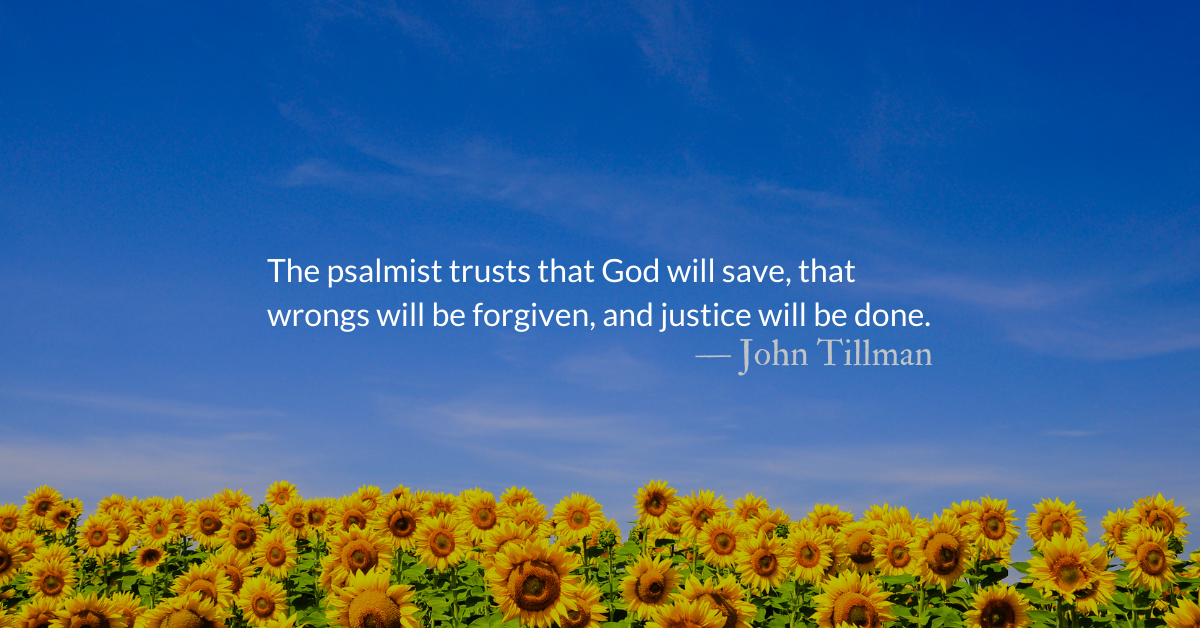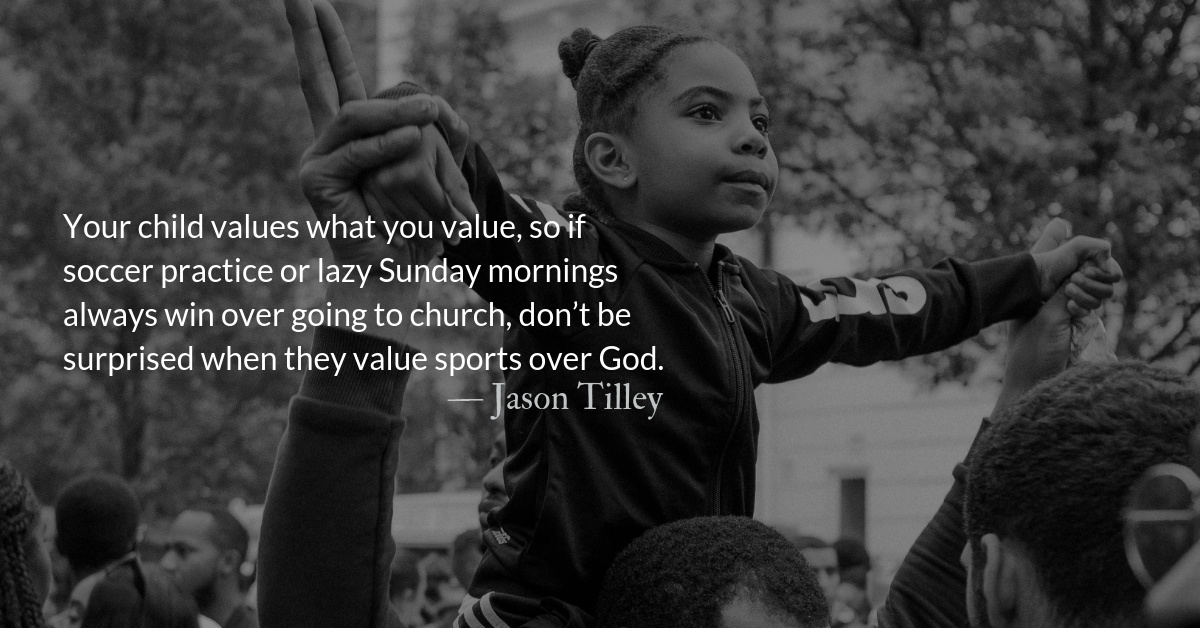Scripture Focus: Psalm 89:14-16
14 Righteousness and justice are the foundation of your throne;
love and faithfulness go before you.
15 Blessed are those who have learned to acclaim you,
who walk in the light of your presence, Lord.
16 They rejoice in your name all day long;
they celebrate your righteousness.
From John: We are thankful to have more music-themed devotionals from Jon Polk this week. Leading up to Thanksgiving, Jon will take us through some hymns for giving thanks.
Reflection: Count Your Blessings – Hymns for Giving Thanks
By Jon Polk
Johnson Oatman, Jr. was born near Medford, New Jersey in 1856. His father, Johnson Oatman, Sr. was widely regarded as an excellent singer with a rich and powerful voice. As a young boy, Johnson Jr. loved to hear his father singing the great hymns of faith.
Johnson longed to sing like his father, but alas he was not gifted with similar vocal abilities. However, he still aspired to serve God with his life.
At the age of nineteen, Oatman joined the Methodist Church and began serving. Soon he was granted a license to preach the gospel and was ordained.
Although Johnson began to preach locally, he never received a permanent church assignment. He continued working for his father’s mercantile business, Johnson Oatman & Son, and took over after his father passed away.
Unable to sing like his father and lacking a permanent pulpit as a preacher, Johnson finally discovered at the age of 36 that he did have a musical talent: songwriting. He wrote prolifically, up to 200 songs a year. Over his lifetime, Oatman penned 5,000 hymns for the church.
Of those scores of hymns, undoubtedly his most famous composition, written in 1897, is the familiar Count Your Blessings. The song encapsulates Oatman’s own life experience.
When upon life’s billows you are tempest tossed
When you are discouraged, thinking all is lost
Count your many blessings, name them one by one
And it will surprise you what the Lord hath done
Count your blessings, name them one by one
Count your blessings, see what God hath done
Count your blessings, name them one by one
Count your many blessings, see what God hath done
This rollicking hymn soon became so famous that British evangelist Gipsy Smith once said, “Down in South London the men sing it, the boys whistle it, and the women rock their babies to sleep to the tune.”
How often do we think “I wish I could sing like her” or “If only I could share my faith like him” or “I’d love to serve the way they do”?
Oatman’s famous hymn is a reminder to us all that God has blessed us immeasurably and it is up to us to be attentive to the gifts God has given us.
Count your blessings, not your regrets. Number your joys, not your worries. Take stock of your value to God, not your personal disappointments.
Count your blessings, name them one by one, and see what God has done for you.
Divine Hours Prayer: The Call to Prayer
Bless the Lord, O my soul, and all that is within me, bless his holy Name.
Bless the Lord, O my soul, and forget not all his benefits. — Psalm 103.1-2
– From The Divine Hours: Prayers for Summertime by Phyllis Tickle.
Today’s Readings
1 Chronicles 15 (Listen 4:38)
Psalms 89 (Listen 5:29)
Read more about Praying Priestly Blessings
As followers of God today, a part of our identity is as carriers of the blessings of God that are intended for the world.
Read more about Supporting Our Work
End-of-year giving is often over half of our support for the year. Please consider becoming a regular donor either once a year or every month.










